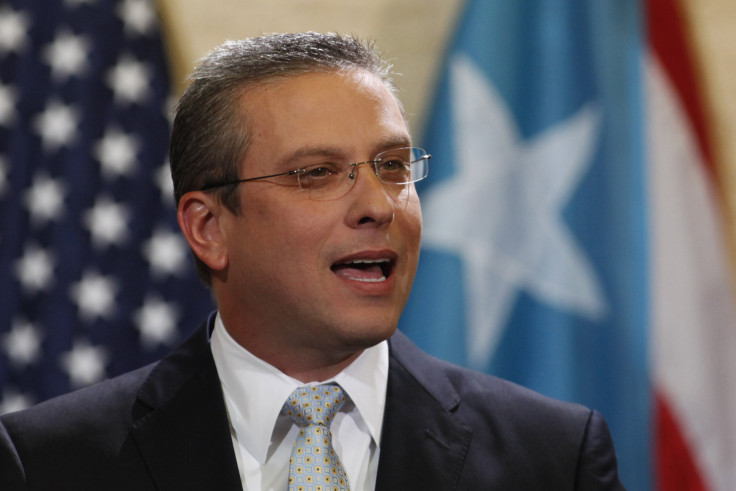Puerto Rico To Debate Voting Rights For Noncitizens

Puerto Rico is undergoing a widespread debate regarding the governor’s plans to support a bill extending voting rights to all island residents, regardless of immigration status. Puerto Rico’s largely Dominican immigrant community has celebrated the proposal, but opponents say the move will undermine the privileges granted by citizenship.
Gov. Alejandro García Padilla declared last month he would submit legislation allowing all noncitizen residents to vote in islandwide elections, a move with significant implications for the hundreds of thousands of Dominican immigrants estimated to be living on the island. “Because of the immigration status of many of the adopted children of this land, circumstances that have nothing to do with their work or efforts to benefit our country, they have been denied the vote,” Padilla said in a speech, according to local reports.
Padilla also voiced support for legislation to allow immigrants to open bank accounts, regardless of status. But while he couched his proposals in a broader message on social justice and inclusion, other politicians have accused him of diluting the meaning of citizenship. “We understand it is unconstitutional,” Pedro Pierluisi, a political opponent of Padilla and resident commissioner of Puerto Rico in the U.S. House of Representatives, said, according to local media.
Others have accused the governor of trying to skew votes in upcoming elections. One Puerto Rican economist, Jorge Rivera, told Agencia EFE that Padilla was hoping to “buy the votes of the poor” and that Puerto Ricans were against the proposal. Last month, the governor also backed legislation allowing prisoners to vote, another measure that has prompted intense debate across the island.
Some U.S. jurisdictions have already passed similar types of laws. Takoma Park, Maryland, has allowed noncitizens (i.e., those with green cards or who are working toward citizenship) to vote in local elections since the early 1990s, while Chicago allows some noncitizens to vote in school board elections. In past years, some local initiatives proposed similar systems in places including New York City, San Francisco and Portland, Maine, but ultimately failed to pass.
© Copyright IBTimes 2024. All rights reserved.






















